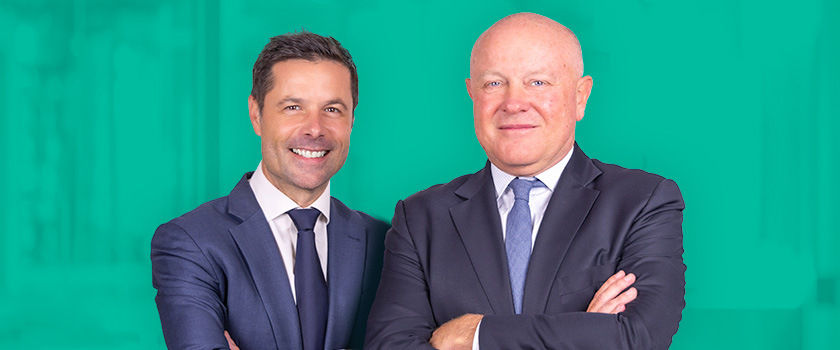UBP partnered with L'Agefi’s biodiversity conference at the Jardin des Plantes in Paris on 31 March.
The aim of this first in a series of conferences was to take a close look at the regulatory and operational challenges that institutional investors, asset managers and companies face as they tackle the issue of biodiversity. Simon Pickard, Chairman of UBP’s Impact Investment Committee, addressed the audience on the subject "What can be learned from the integration of biodiversity into investment and engagement policies."
Simon Pickard went over the various options available to investors who are looking to protect and restore biodiversity. He remarked that investors feel that their ability to influence a firm’s asset management policy in order to favour biodiversity is more limited in the listed world. Investing in companies on the stock exchange, which are better established and bigger than those in the private market, is done via the secondary market, meaning without engaging directly with their management teams.
Nonetheless, public markets have the advantage of size, being distinctly bigger than their private peers. Moreover, the companies that have the biggest impact on biodiversity are those in predominantly listed sectors such as agri-food and commodities. As Pickard highlighted, “This means, therefore, that it would be very difficult to work to protect biodiversity without engaging with listed firms,” especially as they are facing growing pressure from authorities. He added that they are also increasingly taking the issue of biodiversity into consideration and want to find out more about it.
The speaker then went on to set out the main aspects of UBP’s biodiversity-focused investment strategy, which, among other things, involves selecting firms that represent seven investment themes, covering agriculture and agri-food, water and urban development, and are centred around two broad areas, the protection and the regeneration of nature. To implement this strategy, UBP is working in partnership with two experienced NGOs: the Peace Parks Foundation and the Cambridge Conservation Initiative (CCI).
Just as measuring carbon footprints is a crucial element of any sustainable investment strategy, the impact of a particular company, and of a broader portfolio, on biodiversity must also be measurable. However, for the time being, there is still no common unit to measure biodiversity, noted Pickard, unlike for climate impacts where “tonnes of CO2 emitted” is the universally accepted and used factor. Nonetheless, secondary indicators, such as waste generation or efficient water use, give us an idea of the impact an investment strategy has on biodiversity. To strengthen the measurement of biodiversity impacts, UBP’s Biodiversity Committee has set itself the task of developing a framework for generating key performance indicators for each sector and each company based on three principles: species preservation, species variety and ecosystem connectivity.
According to Simon Pickard, the agri-food sector is set to play a vital role in biodiversity conservation. As he wrapped up, he pointed out: “While 40% of the world’s land is classed as agricultural, we are well aware that the monocultures of palm oil or soya, as well as intensive farming and overuse of pesticides and fertilisers, have an enormous impact on biodiversity and the climate. Solutions for reducing monocultures and meat production have great long-term potential. To date, companies which manufacture protein alternatives have had mixed results on the stock markets. However, let’s not forget that investments in renewable energy also had an uphill struggle until investors saw that these technologies were truly competitive.”








